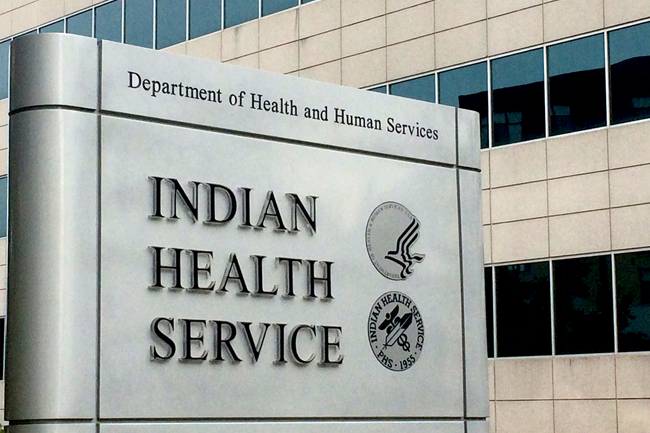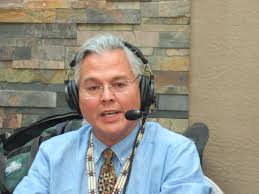
- Details
- By Aaron Payment
Guest Opinion - Health. This past Thursday, I had the pleasure of attending an HHS Secretary Tribal Advisory meeting as a committee member to hear the announcement supporting Advanced Appropriations for Indian Health Services (IHS). At this meeting, we saw the culmination of our tribal leader efforts to secure both a Biden administration endorsement of Advanced Appropriations for the IHS as well as legislation in both the Senate (S.2985)1 and House (HR 5549, 5567) 2,3 to finally protect our treaty and trust obligation funding for health from federal government shutdowns.
While not perfect, it is the first step for which I expect we will never go backward. We have pushed for advanced appropriations for all of our funding but achieving this first milestone will be historic.
Want more Native News? Get the free daily newsletter today.
As a team effort between the National Indian Health Board (NIHB) and the National Congress of American Indians (NCAI) with elected tribal leaders taking part, numerous legislative alerts with sample letters were drafted and sent to urge your congressional delegation to support this important legislation. In my past role as 1st vice president of NCAI, I testified three years in a row on annual appropriations for Indian Country including supporting Advanced Appropriations.
Other elected tribal leaders who played a key role here include Navajo President Jonathan Nez, Cherokee Nation Chief Chuck Hoskin, Jr., James Town S’Klallam Tribal Chair Ron Allen, Mohegan Chief Lynn Malerba, and Victoria Kitcheyan, chairwoman of the Winnebago Tribe of Nebraska to name just a few. All deserve our appreciation as modern-day warriors.
It’s also important to recognize the contributions of our very own Deb Haaland as Secretary of the Interior. Her support was critical in educating her former and her current colleagues of how Advanced Appropriations would work, thus securing broad bi-partisan support. Representatives Sharice Davids (D-KS), Tom Cole (R-OK), Markwayne Mullins (R-OK), and other Congressional Native Caucuses Members have long supported Advanced Appropriations for IHS.

Of course, the biggest technical assistance push came through the NIHB Tribal Leader Caucuses in prepping tribal leaders and drafting sample letters to send to legislators. NIHB is always there when we need them. This team effort has paid off as we are on the precipice of making history for our first funding of the treaty and trust obligation to be funded through advanced appropriations.
Please take the time to check with your two US senators as well as your member of Congress to make sure they are all on board to pass the Advanced Appropriations of IHS. The treaty and trust obligation is prepaid and not partisan; so our funding and advanced appropriations should pass with broad bi-partisan support.
But, let’s not take any chances, please reach out to your legislators early this week.
Sault Ste. Marie of Chippewa Indians Chairperson Aaron Payment is the past recording secretary and 1st vice president of the National Congress of American Indians.
More Stories Like This
Extending the Affordable Care Act Is a Moral Imperative for Indian CountryAll Is Fair in … War?
Why Federal Health Insurance Policy Matters to Cherokee Nation
The Absence of October's Job Report Shows Why Native American Communities Need Better Data
Tribal IDs Are Federally Recognized. ICE Agents Are Ignoring Them.
Help us defend tribal sovereignty.
At Native News Online, our mission is rooted in telling the stories that strengthen sovereignty and uplift Indigenous voices — not just at year’s end, but every single day.
Because of your generosity last year, we were able to keep our reporters on the ground in tribal communities, at national gatherings and in the halls of Congress — covering the issues that matter most to Indian Country: sovereignty, culture, education, health and economic opportunity.
That support sustained us through a tough year in 2025. Now, as we look to the year ahead, we need your help right now to ensure warrior journalism remains strong — reporting that defends tribal sovereignty, amplifies Native truth, and holds power accountable.
 The stakes couldn't be higher. Your support keeps Native voices heard, Native stories told and Native sovereignty defended.
The stakes couldn't be higher. Your support keeps Native voices heard, Native stories told and Native sovereignty defended.
Stand with Warrior Journalism today.
Levi Rickert (Potawatomi), Editor & Publisher
